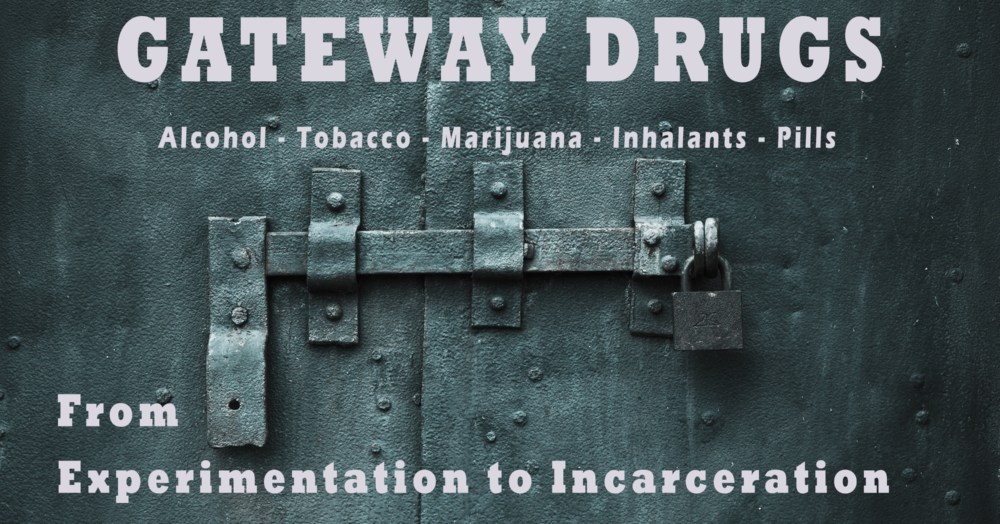Fentanyl, a potent synthetic opioid, has emerged as a significant public health concern due to its alarming prevalence and deadly consequences. While originally developed for medical use as a pain reliever, illicit fentanyl use has skyrocketed in recent years, leading to a surge in overdose deaths and devastating consequences for individuals and communities alike. Understanding the dangers of fentanyl use is crucial in addressing this urgent public health crisis.
Potency
Fentanyl is estimated to be 50 to 100 times more potent than morphine and significantly more potent than heroin. Even a tiny amount of fentanyl can cause severe respiratory depression, leading to overdose and death. Due to its potency, fentanyl is often mixed with other drugs such as heroin, cocaine, or counterfeit prescription pills without the user’s knowledge, increasing the risk of accidental overdose.
Risk
The misuse of fentanyl and its analogs has led to a sharp increase in overdose deaths across the globe. According to the Centers for Disease Control and Prevention (CDC), synthetic opioids, primarily fentanyl, were involved in nearly 75% of all opioid-related overdose deaths in the United States in 2019. This alarming trend highlights the urgent need for comprehensive strategies to address the opioid epidemic and prevent further loss of life.
Hidden in Street Drugs
One of the most significant dangers of fentanyl use is its clandestine presence in street drugs. Illicitly manufactured fentanyl is often mixed with other substances, such as heroin or cocaine, to increase potency or extend the drug’s supply. However, without proper dosage control or awareness of fentanyl’s presence, individuals who use these drugs are at high risk of unintentional overdose and death.
Increased Risk of Addiction:
The addictive nature of opioids, including fentanyl, poses a significant risk to individuals who use these substances recreationally or as prescribed. Continued use of fentanyl can lead to physical dependence, tolerance, and addiction, making it increasingly difficult for individuals to stop using the drug without professional help. Moreover, the withdrawal symptoms associated with fentanyl cessation can be severe and contribute to relapse.
Addressing the dangers of fentanyl use requires a multifaceted approach that includes prevention, harm reduction, treatment, and enforcement efforts. Public health initiatives aimed at raising awareness about the risks of fentanyl use, providing naloxone training and distribution, and expanding access to evidence-based treatment options are essential components of an effective response.
Recognizing the dangers of fentanyl use and implementing comprehensive strategies to address the opioid epidemic are critical steps in saving lives and mitigating the impact of this deadly crisis.
Sources:
1. Centers for Disease Control and Prevention. “Drug Overdose Deaths.” 2021.
2. National Institute on Drug Abuse. “Fentanyl DrugFacts.” 2020.
3. Drug Enforcement Administration. “Fentanyl.” 2022.
4. Substance Abuse and Mental Health Services Administration. “Key Substance Use and Mental Health Indicators in the United States: Results from the 2020 National Survey on Drug Use and Health.” 2021.
CJ Crawford
DrugFree Greenville Public Education Committee
